
RingCentral offers great flexibility for small business owners. Since it hosts both the cloud-based and a traditional phone system, the company offers small businesses the ability to choose what works best for them. Both systems come in three reasonably priced plans and can be purchased with or without an annual commitment.
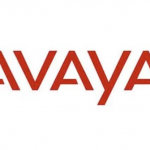
Avaya IP Office is a superior phone system for smaller businesses. The basic platform can support businesses with up to 3000 employees offering over 600 different additional features. The system itself is highly customizable and the price depends hugely on the add-ons and the number of users you wish to cover. The Avaya Communicator app allows your employees access to their business lines even when they’re out of the office. With many different apps that allow better worker communication, Avaya is an excellent phone system solution for small businesses.

Since it supports up to four users, FreedomVoice is a great, reliable phone system, specifically designed for small businesses. It has a virtual and a more traditional cloud-based system, with many useful features included in the monthly fee. The FreedomVoice mobile app works with both systems equally well, and it allows for greater mobility.

Nextiva offers flexible pricing and plans tailored to fit any company’s needs. Its cloud-hosted system allows employees to be reached no matter where they are. It has many basic and advanced tools and features available with different plan options. With its impressive uptime record, Nextiva is a reliable phone system for small businesses.

Ooma seems like an obvious choice as a phone system for small businesses. Aside from the traditional system that requires desktop phones, it also offers a virtual service that doesn’t require any equipment and can be connected to a home or mobile phone. Although it has less features than some other phone systems we looked at, Ooma is still a good solution for small businesses.

Grasshopper is a great phone system for small businesses that are just starting and don’t want to make a long term commitment with a provider. Its flexible plans and affordable pricing, together with a vast number of features employees are able to choose from are what makes Grasshopper such a good phone system solution for small businesses.

MiCloud Office has many useful features and allows for a high level of control over which features specific employees can use. This can save you a lot of money down the road. It also has an almost impeccable uptime record, with the company guaranteeing the highest quality of service. Because it’s affordable, reliable and it doesn’t need any special skill set to operate, MiCloud Office is a great phone system for small businesses.
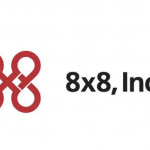
8x8 is one of the best phone systems you can get for your small business. It offers many basic and advanced features and it’s easily accessible by anyone. Since it’s cloud-based, there’s no need for any additional equipment or installation. The employees can also use all functions from their mobile devices. At a reasonable price and a comprehensive number of features, 8x8 is one of the best phone systems for small businesses.

ShoreTel has one of the best solutions for call centers we’ve encountered over the course of our reviews. It’s reliable and it offers great flexibility with its two hosting options.
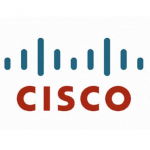
Cisco Business Edition 6000 is a great phone system solution for small business with up to 1000 employees. It offers two hosting solutions (on-premises and cloud-hosted) that are priced according to the number of features and employees you’d like to include. It is highly customizable and it comes with a mobile app.
Last updated June 26, 2025
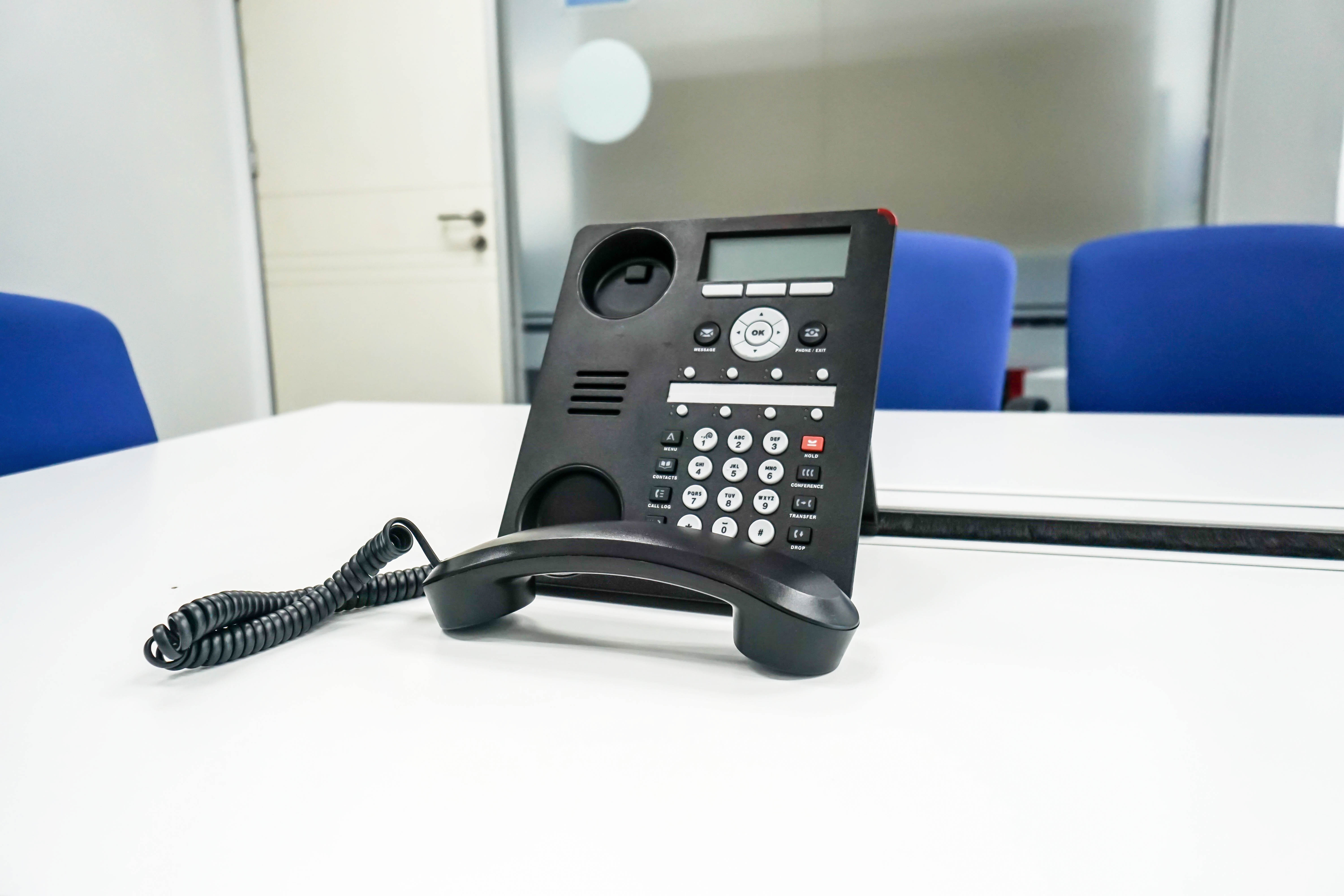
Although phone systems don’t sound too important when you’re just starting, they can actually be just what you needed in order to start off your new business. Smaller businesses have a lot more riding on creating their reputation and reliability since they are unknown, and have big, well-established corporations as their competition. Like having attractive offices, having a professional phone system is also very important for any company’s image. Of course, if you have a smaller business, you’re not going to have the same solution as companies with several hundred employees do, but you should still try and choose the best phone system for your small business. There are several factors to keep an eye out for when you’re setting up your system for the first time.
Phone systems can be hosted differently and each hosting option comes with its own set of benefits. In a virtual sea of phone system providers, it can be difficult to find the right fit for your company so you have to make sure to research the market and be prepared to make many calls before you settle on your new solution. Unlike traditional landlines, VoIP (Voice over Internet Protocol) needs much less equipment and can be hosted fully online. These systems can be hosted in a cloud, or set on-premises both differing in price, equipment and many other factors. With all this being said, different systems, suit different types of businesses. While very small businesses don’t need the full extent of some phone system like large companies do, they still need a reliable and stable solution. The system should have several important basic features such as caller ID, voicemail, call forwarding, virtual attendant and others. These types of systems can be installed quickly and without much expertise.
On-premises systems rely fully on the expertise of your IT staff to maintain them. Their physical components are housed in your business and you are solely responsible for them operating properly. This best suits businesses that want to have full control over their phone solutions without third party interference. The cloud-based system, on the other hand, is fully remote and all maintenance and operational concerns are taken care of by the provider. This type of system is gaining friction between small businesses since it doesn’t require any additional equipment, besides phones, and usually has a modest monthly fee per each user. Since there’s no necessary equipment or any need for professional installation, this type of hosting is becoming more popular among small business owners. Once the system is activated, all you have to do to start using it is plug the phones in and you can start using all the benefits your specific provider has to offer. Although having a cloud-based system might seem like a logical solution for most small businesses, some companies actually require the phone systems to be located on-premises because of security reasons. In these cases, on-site phone systems are set up by professionals, but late maintained and operated by your own IT staff.
Some small businesses are set around running call centers and they have a completely different set of required tools and features in order to operate fully. Some of the most necessary features call centers can’t do without are call recording, queueing, analytics and the ability of call monitoring. Three companies in our review offer all these tools and more, while providing excellent support and a guarantee of quality. All three systems provide traditional phone services, onto which call service lines can be set up for specific employees needing them.
Virtual phone systems are also gaining a lot of popularity since they are very convenient especially for smaller businesses that want to present themselves as professional, yet don’t have need for a traditional phone system. A virtual phone service is actually a sophisticated form of a forwarding solution. Once the customer dials your business, the automated attendant automatically transfers the call to any of the designated numbers in its directory. Employees can assign any phone, be it mobile or home, and even choose in which order, and for how long the will ring until the line is transferred to another number. Being able to use your mobile devices as your business lines is very popular among smaller companies that have several offices, or people working remotely.
Larger companies have a different set of requirements when it comes to phone system solutions. Unlike small businesses, larger enterprises need more complex features and tools in order to run smoothly on a day-to-day basis. Depending on their company’s policy, or simply their preference, larger business often choose cloud-based and on-premises systems equally. Of course, these businesses need more advanced features and usually require call center services aside from the usual tools in offer. Since big companies like the opportunities of having to choose between different hosting options, big system providers like Cisco, or Avaya are usually their companies of choice.
Having one system for all your offices or users working remotely from the office can be a huge time saver. Aside from saving you a lot of time, having a system that can be used from multiple locations and doesn’t require setup or equipment can also save you a lot of money. Avaya, Nextiva and 8x8 offer excellent features and tools suitable for small businesses with a need for phone systems in different locations.
Choosing the right phone system for you small business can be a difficult decision, especially if you’re making it for the first time. It’s important to note that you should always contact the main company, or the service provider before contacting your local reseller in order to get a complete picture of what each phone system can provide.
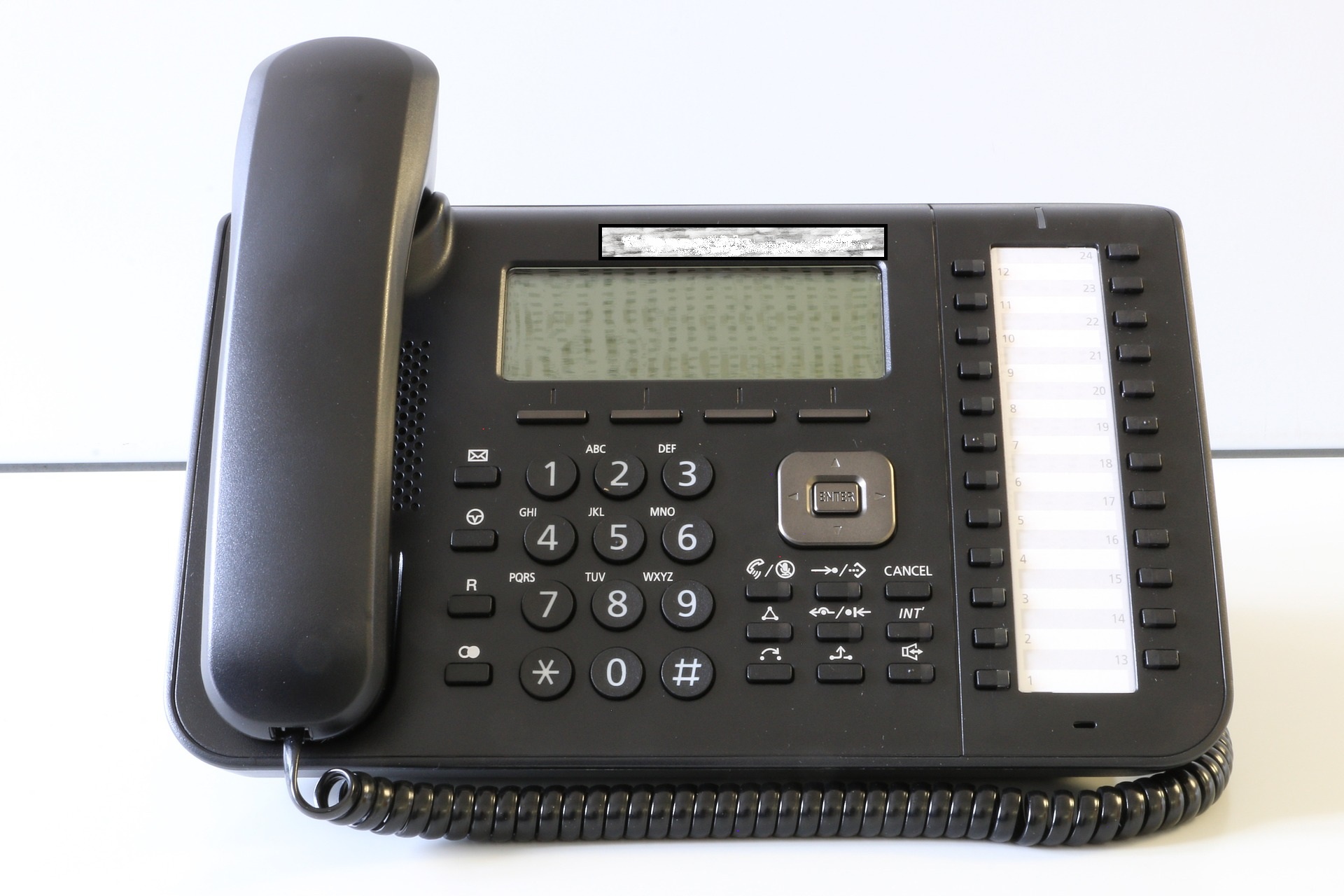
Finding the right phone system for your small business is a serious undertaking since you want it to be compact and reliable while still maintaining a level of professionalism your clients will appreciate. Each of the ten phone systems we reviewed have an impressive number of tools and features and are suitable for different types of businesses, depending on their needs. We will try and explain more closely what are some of the things you should pay attention to next time you’re deciding on a new phone system.
Pricing can be very different with each company and each individual system you’re looking at. Most providers that offer two hosting options have several plans which defer in the number of included minutes, number of employees covered, additional call center posts etc. They all usually carry additional charges for vanity numbers, call analytics, professional greeting recordings and similar. While some companies require you to tie yourself with a contract anywhere from 12 to 36 months, others allow you to use their system without a contract obligation charging you a recurring monthly fee.
Most modern phone systems run VoIP phones which are faster, and more reliable that regular copper-wired landlines. These VoIP phones require high-speed bandwidth in order to provide a stable and reliable connection. Although some virtual systems allow you to go fully equipment free, most systems still require you to buy phones from the companies you bought the service from. This equipment can cost anywhere between $150 to $400 per user, depending on the level of sophistication.
Reliability is also a very important issue you have to learn about before making your final decision. Most phone systems we reviewed claim to have an almost impeccable uptime record of 99.999 percent, meaning they are down only a few minutes each year. The reliability of each different company largely depends on its number of data centers and the amount of resources they allocate to modernization and improvement of their equipment.
Features are surely one of the most important aspects of any service. While some companies on our top ten list have more than 150 features available, other have less, but are differently integrated with the system. The most important, basic, features each respectable phone system should have are the ability to place and receive calls, forwarding calls, on-hold calls, choosing on-hold music, voicemail, voicemail-to-email, online faxing, setting up an automated attendant, queueing calls, making conference calls and many more. Most companies also allow their systems to be integrated with the most commonly used programs in their fields like Salesforce, Microsoft Outlook or Zendesk.
Mobility is another important factor since in today’s dynamic environment you’ll want a phone system that can keep up with your needs. Many companies we looked at have different mobile apps that support Android and iOS device. Once the apps are installed, the users can tap into their business lines and make and receive calls like they would from their desktop phones. They also have full access to all the features they would normally use in their offices.